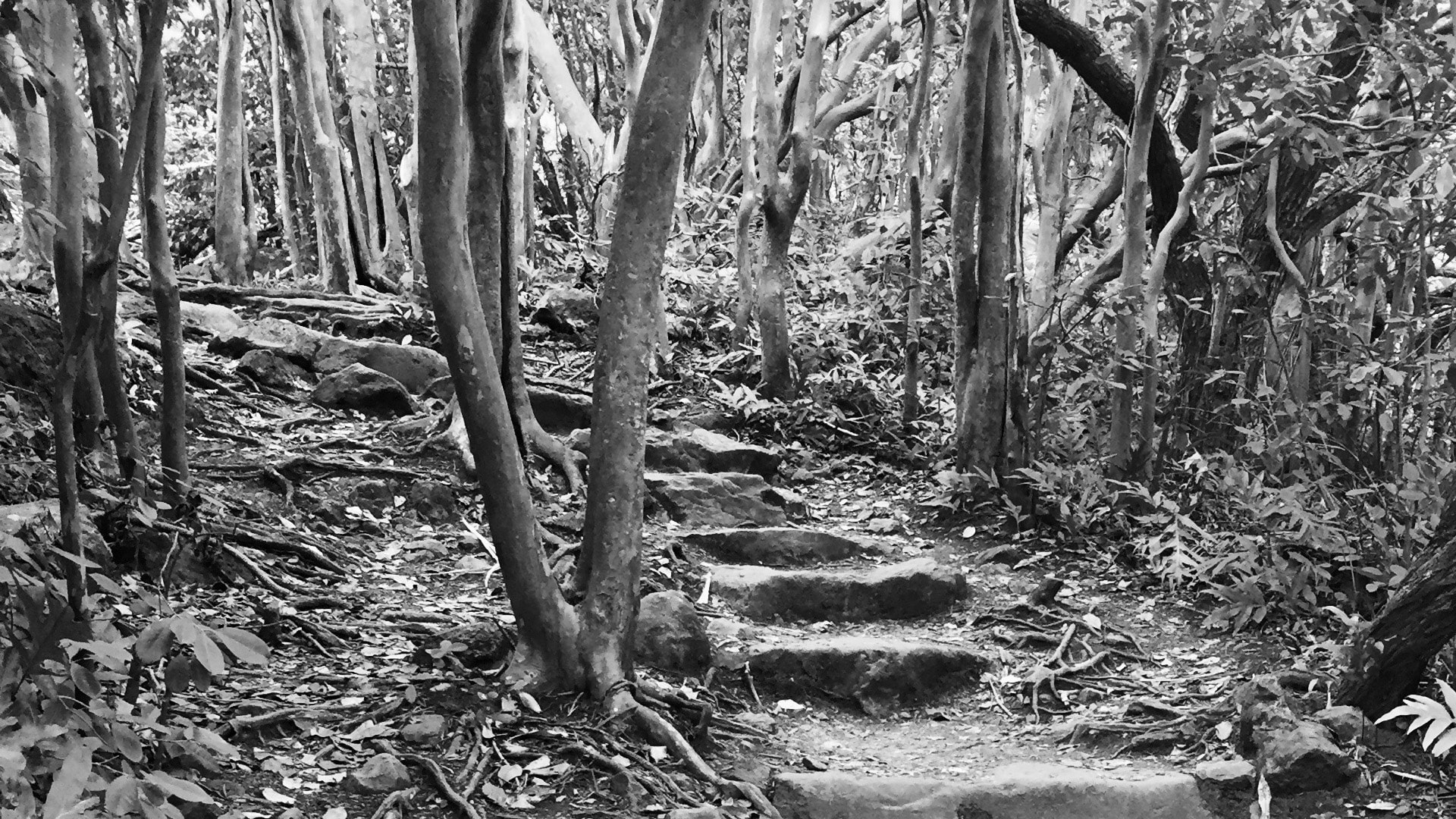Have you ever taken a step of faith only to look back and wonder if you took the right step? I have. Fortunately I haven’t been turned into a pillar of salt like Lot’s wife. But I have to confess: I’m not much better than her. Our human hearts are timid. God is not a God of confusion, but that doesn’t correlate to our own condition. We can be confused and in such a state we begin to wonder if we heard God correctly about decisions made. We question ourselves. Of course, the fear is “am I outside of God’s will?” Is it normal that when we take steps of faith that we will wonder where they are now leading us, or should we have an unwavering confidence that we are exactly where we need to be?
I believe it is normal to experience confusion, forks in the road, and unexpected twists as we follow God. When things are uncertain, or take us by surprise, our first instinct is to look back and problem-solve, asking “where did it go wrong?” Yet I also believe that when we are lock-step with the Holy Spirit we will have an unwavering confidence. But should that confidence be in being “exactly where we need to be” or should it be placed elsewhere?
The answer is elsewhere.
If our confidence is in our circumstances, we will never have confidence. As James writes in his epistle we will be “like a wave of the sea that is driven and tossed by the wind” (James 1:5-8). The reason for this is because God will be in our circumstances even when our circumstances do not look like what we expected, or what we would like. If we’re looking for the right circumstances, we are not looking for God. Sometimes we are exactly where we need to be and it looks nothing like we would have pictured.
The spiritual tradition of the Anabaptists offers some insight through a word frequently used in their writings, that is also fun to say: gelassenheit. Gelassenheit is a paradoxical spirituality. It is the doing that is doing nothing. It is a yielding and seeking. It is actively waiting in our passivity.
Gelassenheit is a paradoxical spirituality. It is the doing that is doing nothing. It is a yielding and seeking. It is actively waiting in our passivity.
Lets consider Paul exhortation in Colossians to “let the peace of Christ rule in your hearts” (Colossians 3:15). This is no mere suggestion by Paul. “Rule” is in the imperative. It is a command. There is no getting around this, according to Paul we must do this. Yet to let something rule in us means we must yield from other things that are ruling in us. I must gelassenheit (yield) to God’s rule which opens us up to experience the peace of Christ. When we are walking faithfully and our circumstances are causing us confusion and doubt, we must yield to God and remember that God was in-fact with us when we made our decisions (right or wrong) and is with us in the present no matter what we face. There is no hope moving forward unless we are moving towards God.
Sometimes the only way forward amid uncertainty is to yield. Gleassenheit helps us discern if we are walking with God or seeking to our own desires.
But for the Anabaptists, gelassenheit isn’t solely subjective—in other words its not entirely up to us to discern our circumstances. Gelsassenheit involves the personal yielding before God in heart, but is also a process of yielding to the direction of our community. We should resist making decisions in isolation, just as we should resist assessing our current realities on our own. Rather, we should open ourselves up to the input of those who God has placed in our lives: be it our peers or our spiritual directors.
Ultimately our confidence is not placed in our current circumstances, or even in our faithfulness. Our confidence is in God alone. Once we yield to him we can find peace no matter what our circumstances are—even if we made mistaken decisions that have lead us to the mishaps we currently face. The moment we get out of the way and create space for God is when we will find that God was already with us. That is our peace: God with us in every moment.
The only way to have unwavering confidence in knowing that we are exactly where we need to be is when we yield to God and know that God is big enough, good enough, and merciful enough to be with us where we are.




